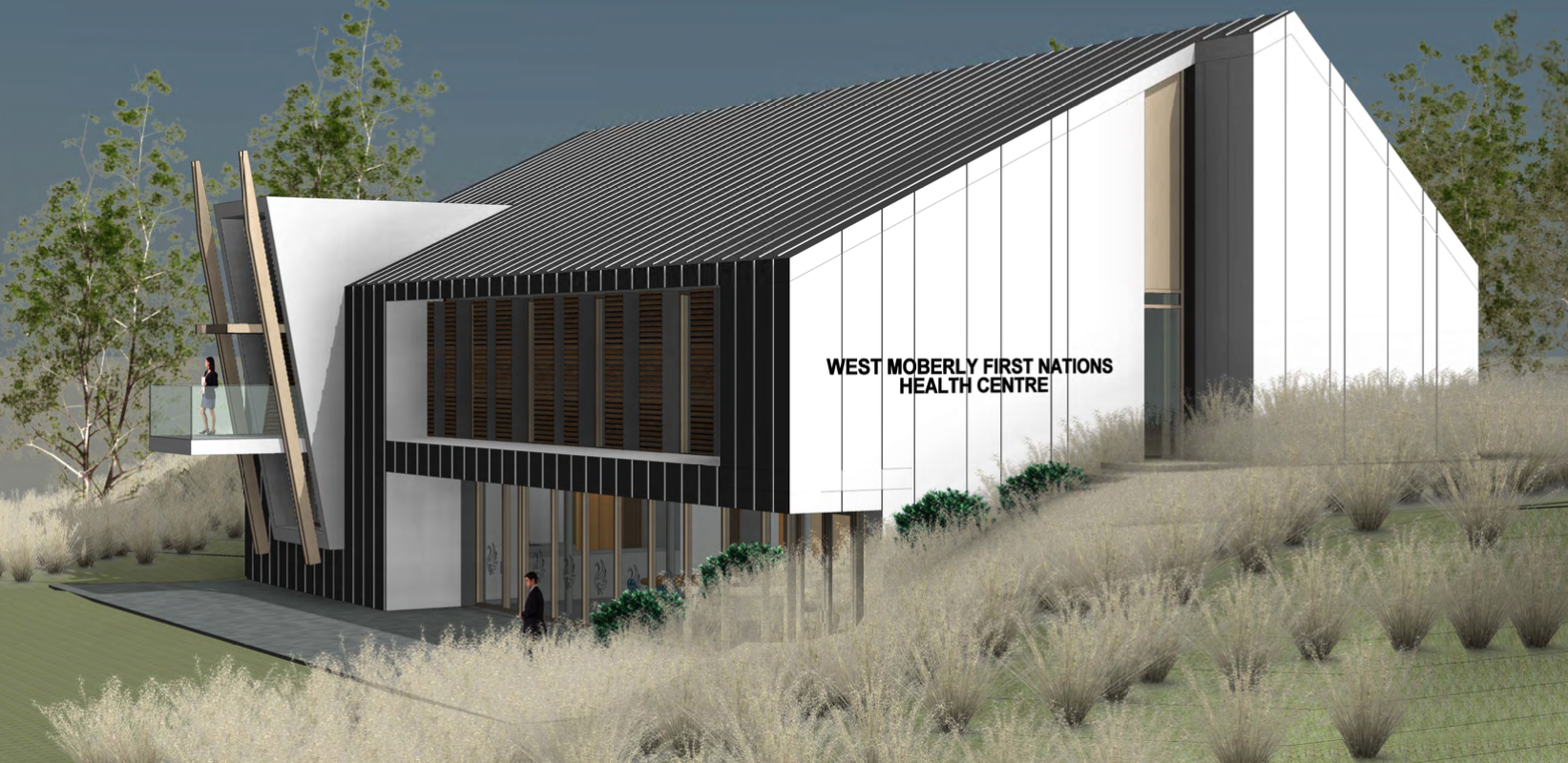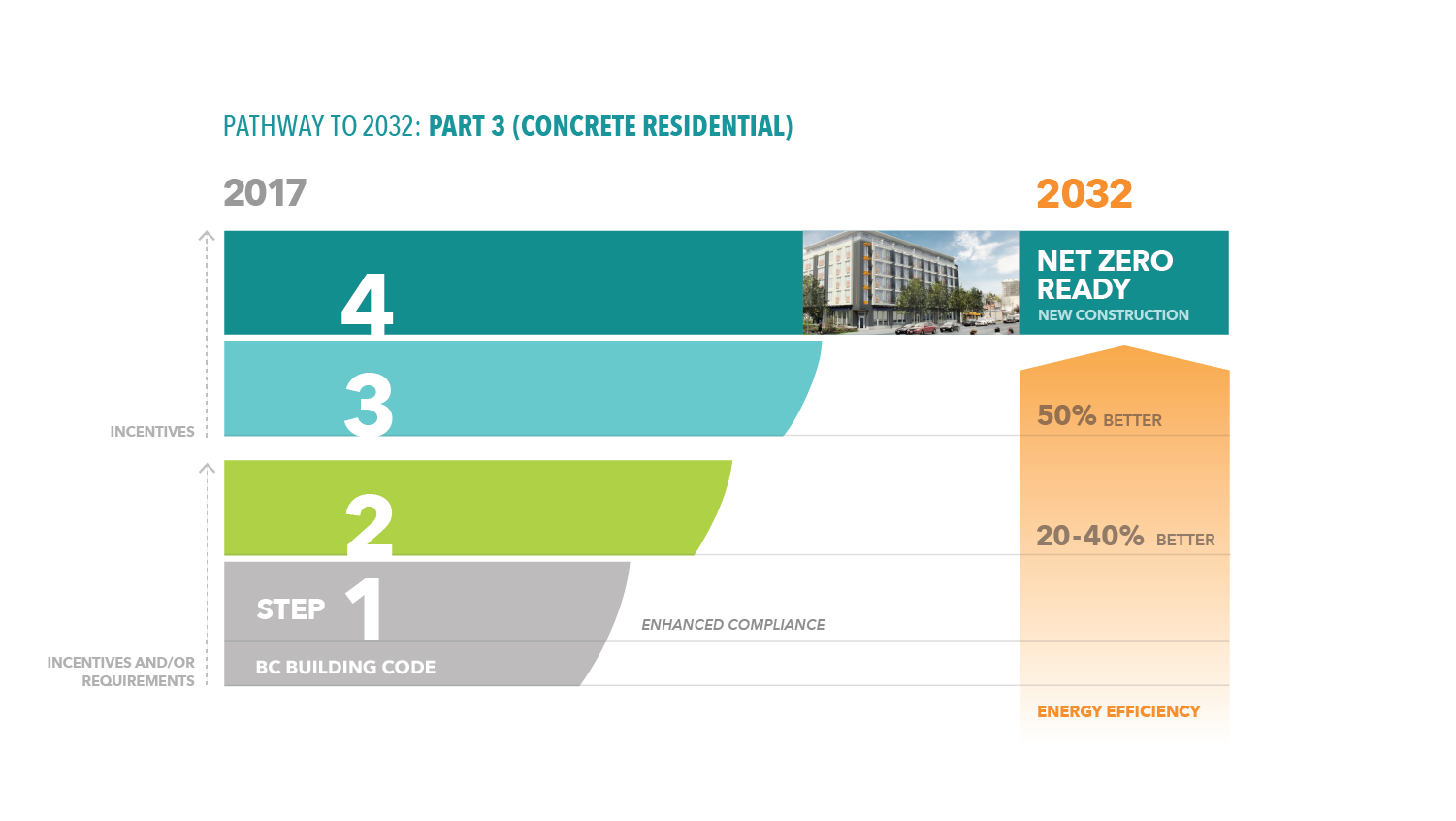What an exciting year 2017 has been for high-performance homes and buildings in B.C. Across the province, new projects are demonstrating what is possible at the highest levels of energy efficiency and paving the way for the widespread adoption of buildings that meet the needs of a low-carbon future.
Meanwhile, new policies and direction from government are pointing toward an ambitious vision and roadmap for building performance. In September’s throne speech, the B.C. government committed to creating thousands of jobs while reducing carbon pollution through energy-efficiency retrofits. This welcome commitment has received wide support from the construction and development industries.
Here are just four of our favourite success stories of 2017 when it comes to B.C.’s building sector.
1. Passive House construction makes big inroads in B.C.’s North

Working with B.C.–based Iredale Architecture, West Moberly First Nations broke ground in October on the first Passive House–certified health centre in North America. This building joins other Passive House projects in northern B.C. towns, including Smithers, Doig River, and Fort St. John, achieving up to 90 per cent heating energy savings compared to the provincial building code — a remarkable feat, given the cold climate.
2. Municipalities show leadership in adopting the B.C. Energy Step Code

The B.C. Energy Step Code was enacted in April, giving local governments an effective tool that allows them to require or incentivize construction of energy-efficient buildings that go beyond standard code requirements. Costing research has shown that the third tier of the Energy Step Code can be achieved with very modest construction premiums, yet delivers significant energy and emissions savings. In October, the City of North Vancouver became the first municipality to adopt Step 3 of the code as a requirement. Other municipalities, including the cities of Victoria, Campbell River, New Westminster, and Surrey, are considering following suit.
3. Industry associations take the lead on high-performance building practices

The past year has seen many in the construction industry embrace a vision for low-carbon, high-performance buildings, which are quickly moving from niche to norm. The Vancouver Regional Construction Association’s board approved a new strategic plan, which focuses on “excellence through adoption of best-in-class approaches, innovative construction processes, technologies, materials and business strategies as a way to bring about the transformational change the industry needs to stay competitive.” The board also backed a plan to utilize VRCA’s office space to host an education centre, which could merge with the City of Vancouver’s new centre of excellence for high-performance buildings.
4. Revitalization of B.C.’s affordable housing in the works

Much of B.C.’s social housing stock is aging and in need of renewal. We know that improving energy efficiency in these buildings can lower energy bills and improve quality of life for thousands of British Columbians. In order to address this need, B.C. Housing is exploring ground-breaking models for deep retrofits, and committed in July to building most new projects to Step 4 of the Energy Step Code. These policies are already making a difference on the ground, with a Passive House–certified affordable housing complex in the works for Fort St. John that will exceed the (already ambitious) Step Code target.
This article appeared on The Energy Collective on December 19, 2017.
Dylan was a member of the Pembina Institute’s remote communities team until 2019, working from the Vancouver office to advance policy supporting diesel reduction, energy efficiency and clean electrification.




